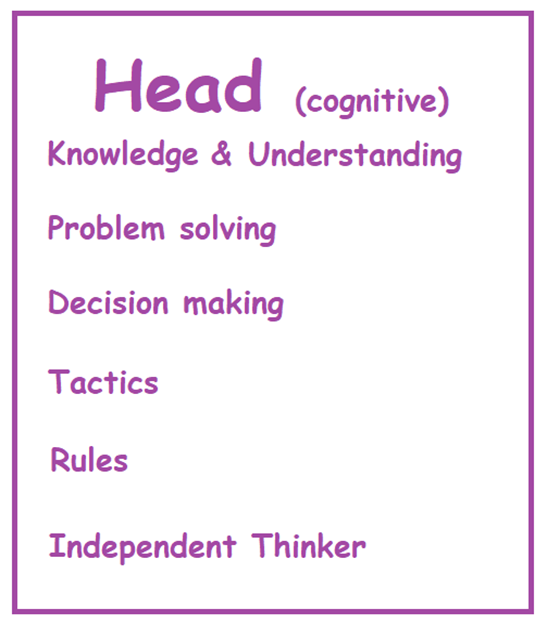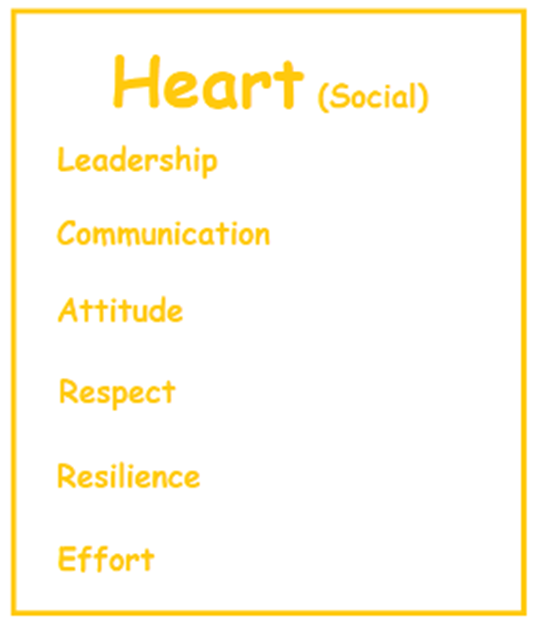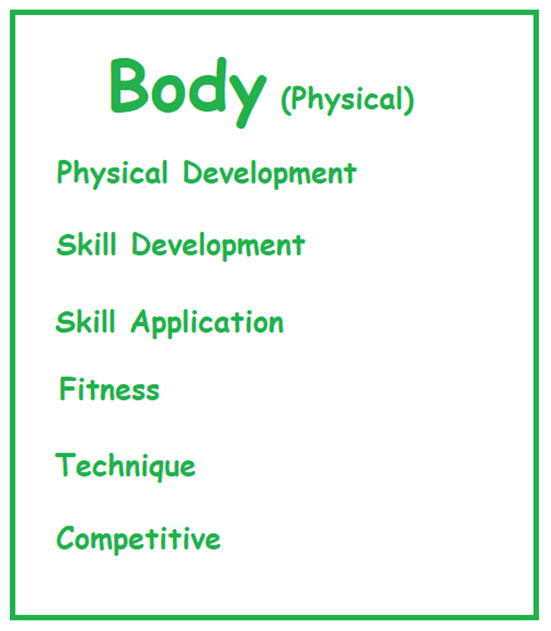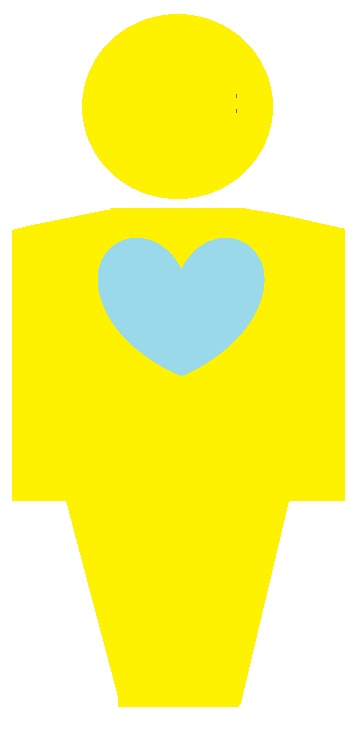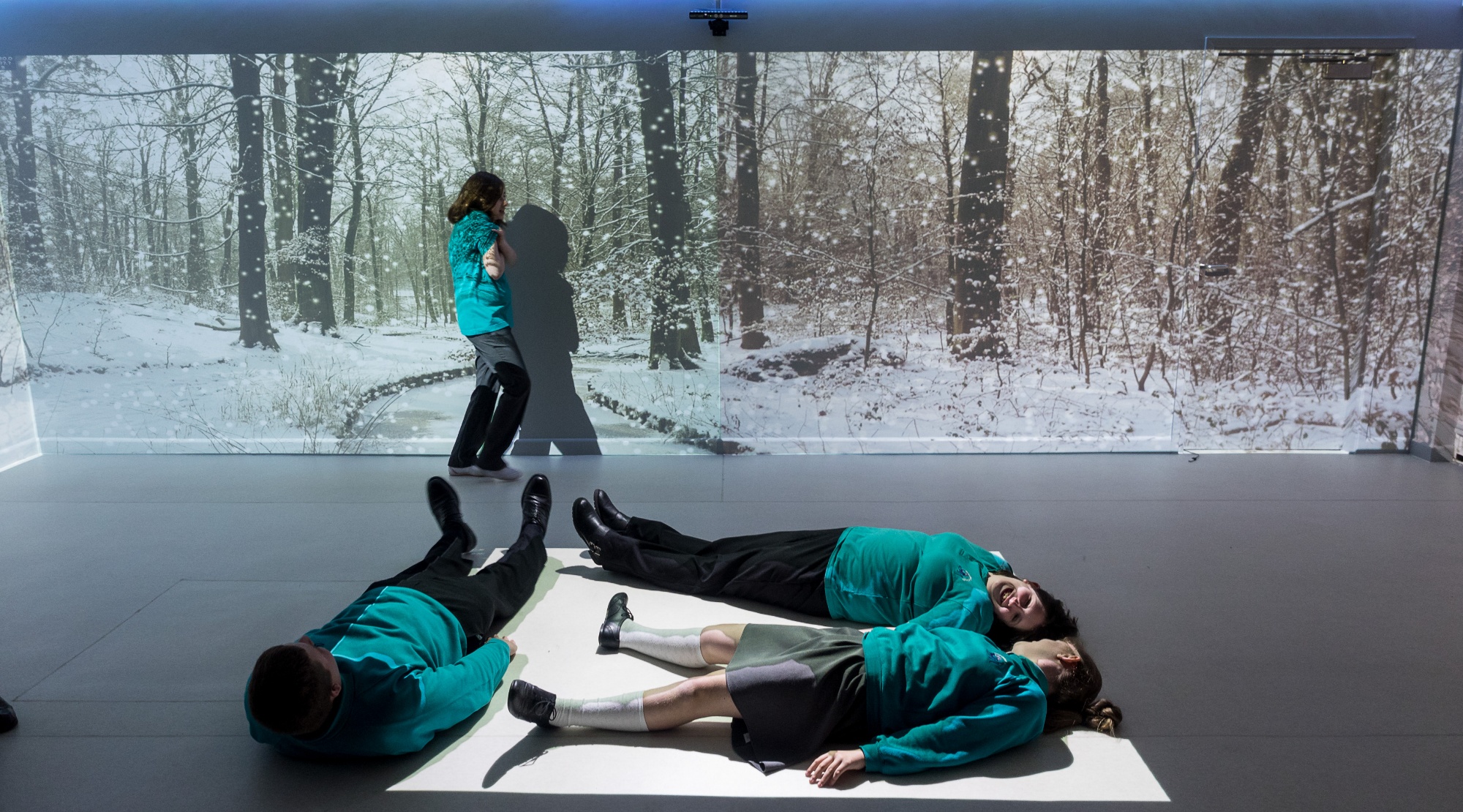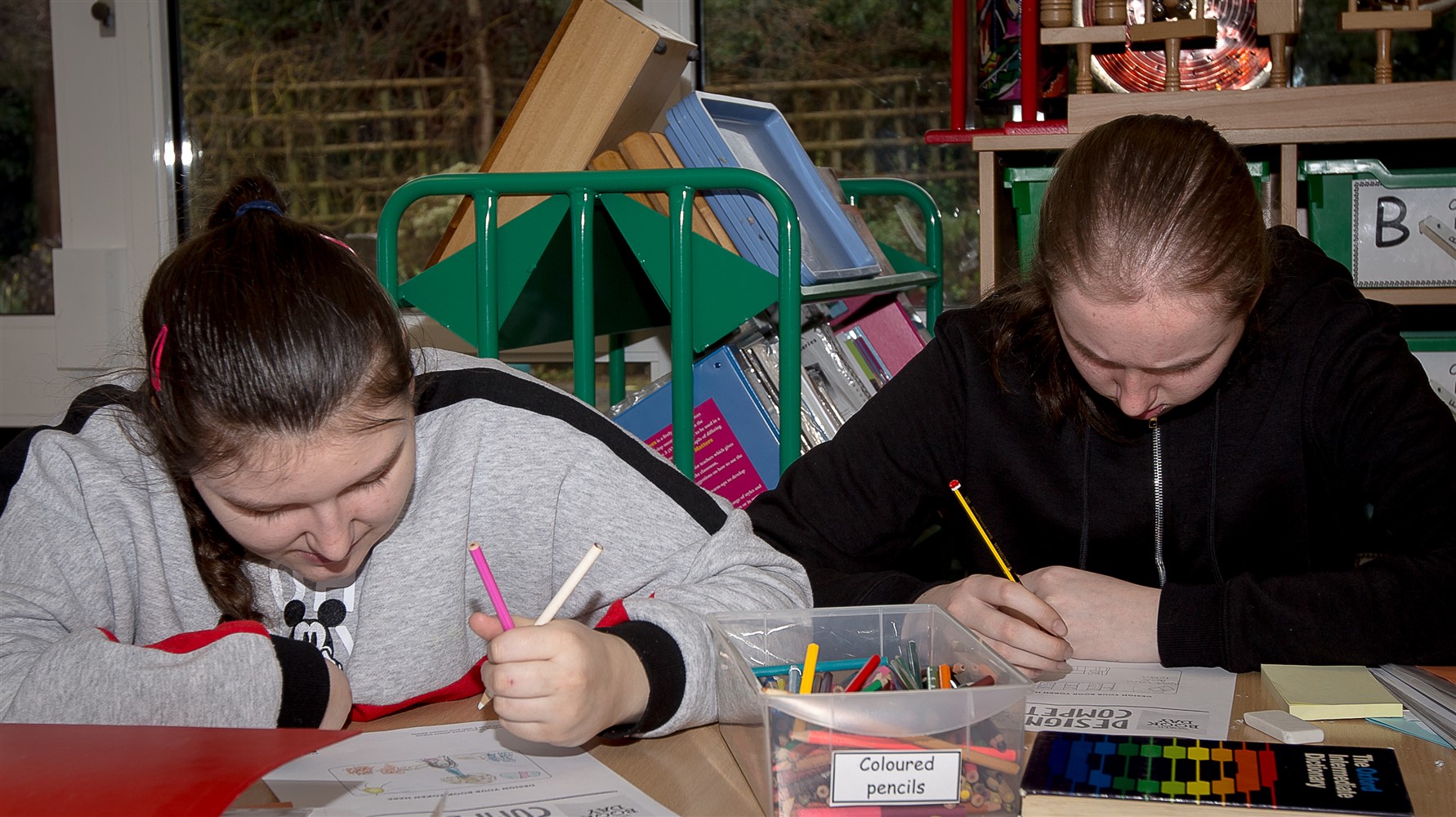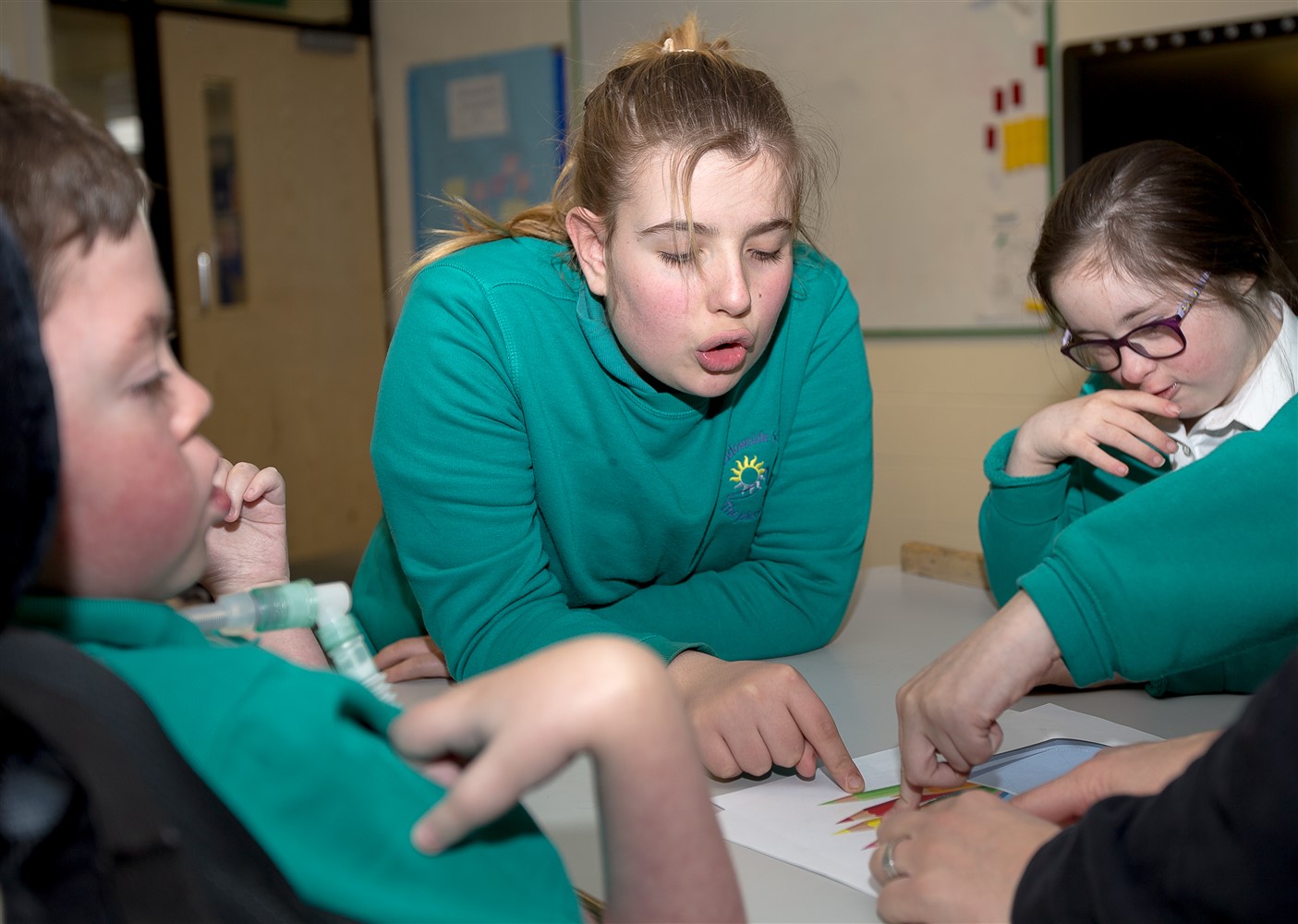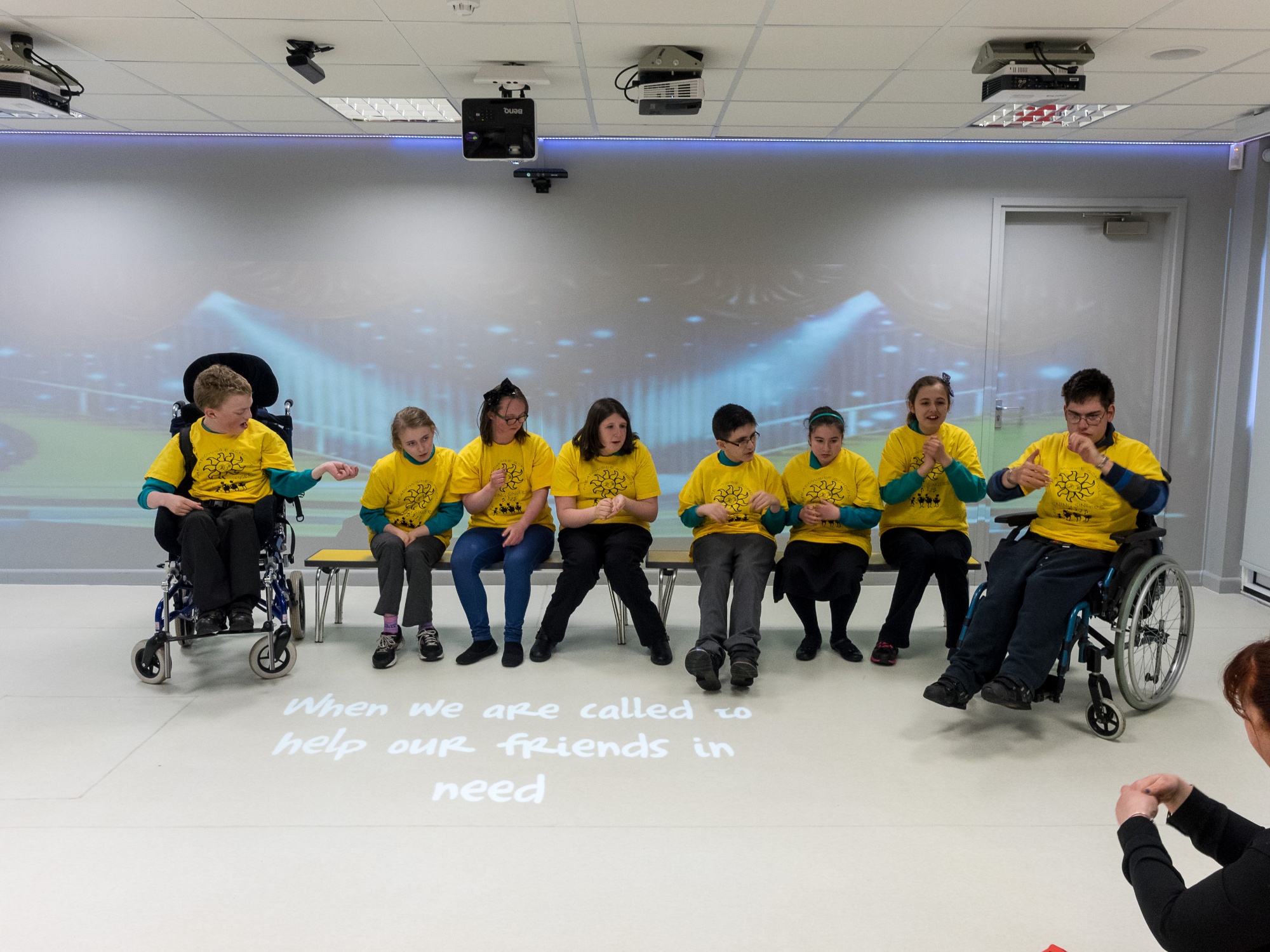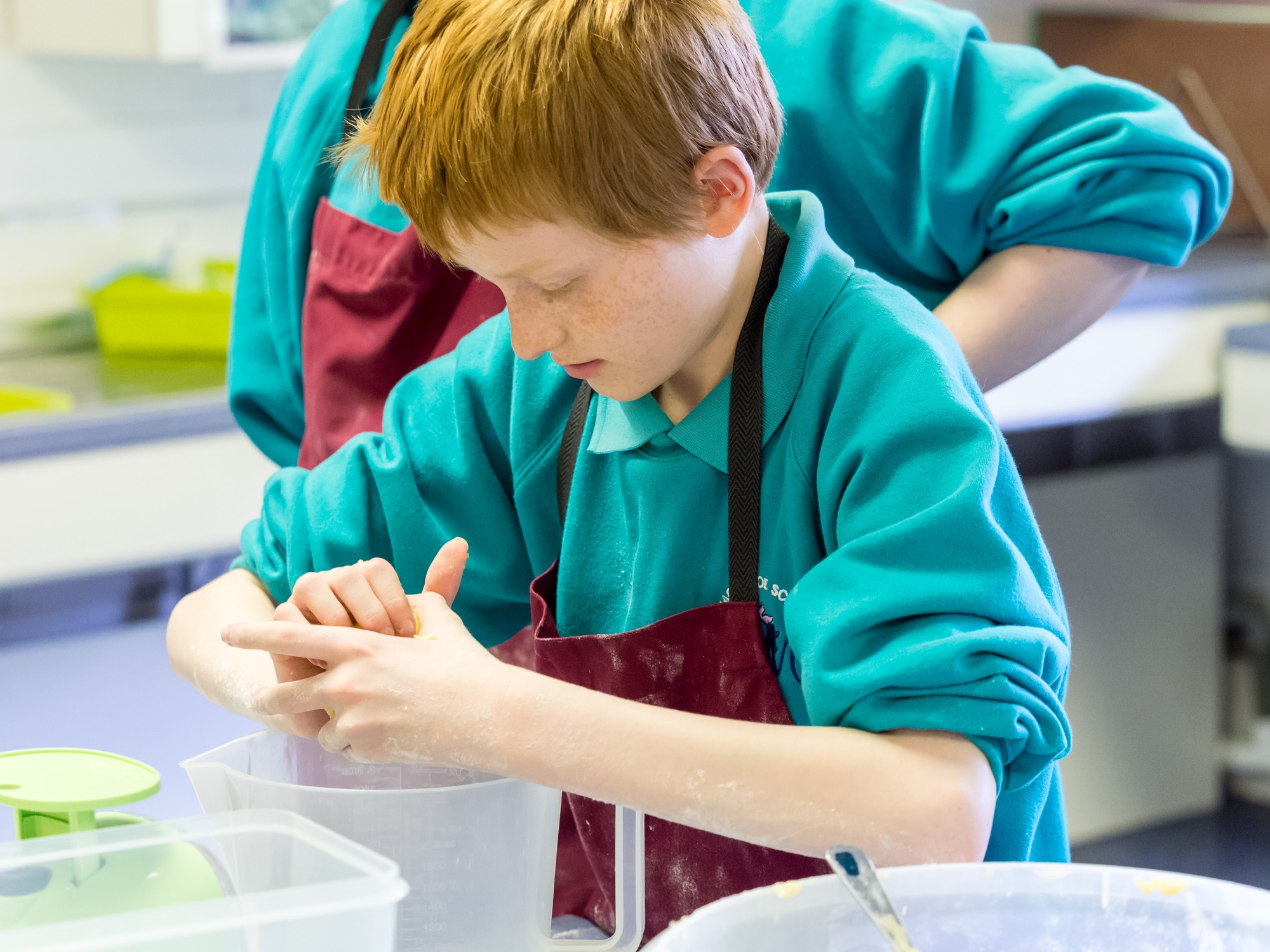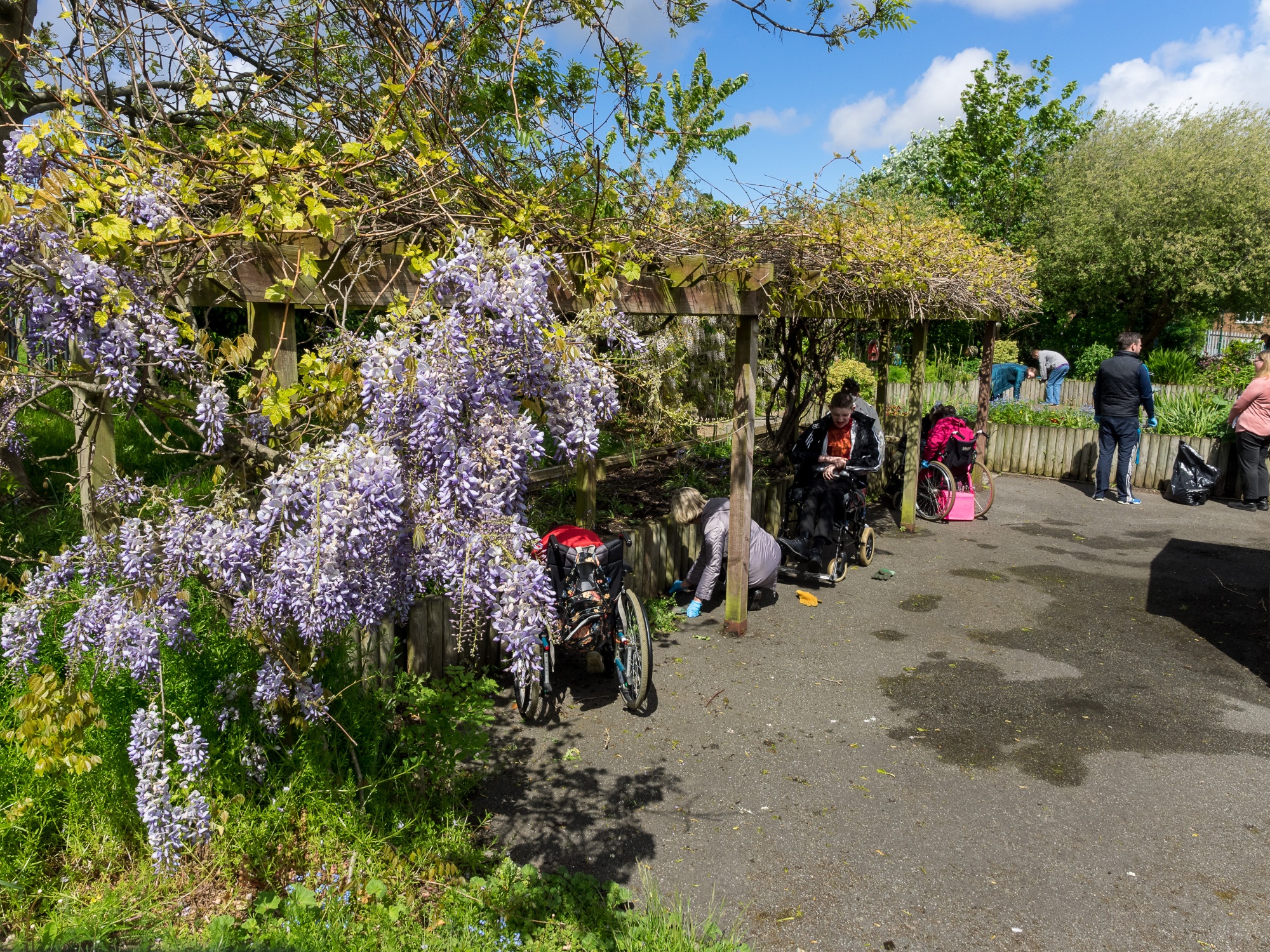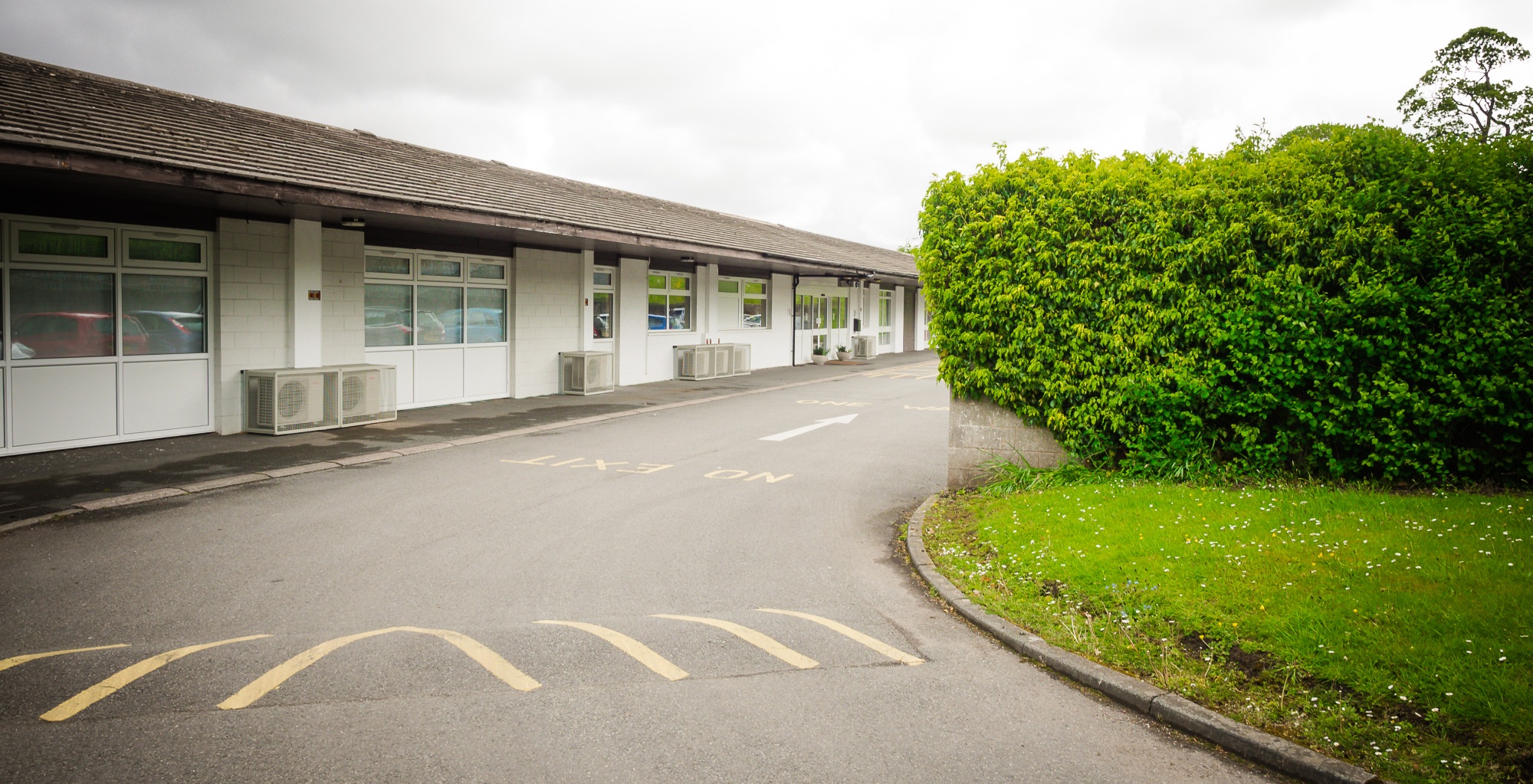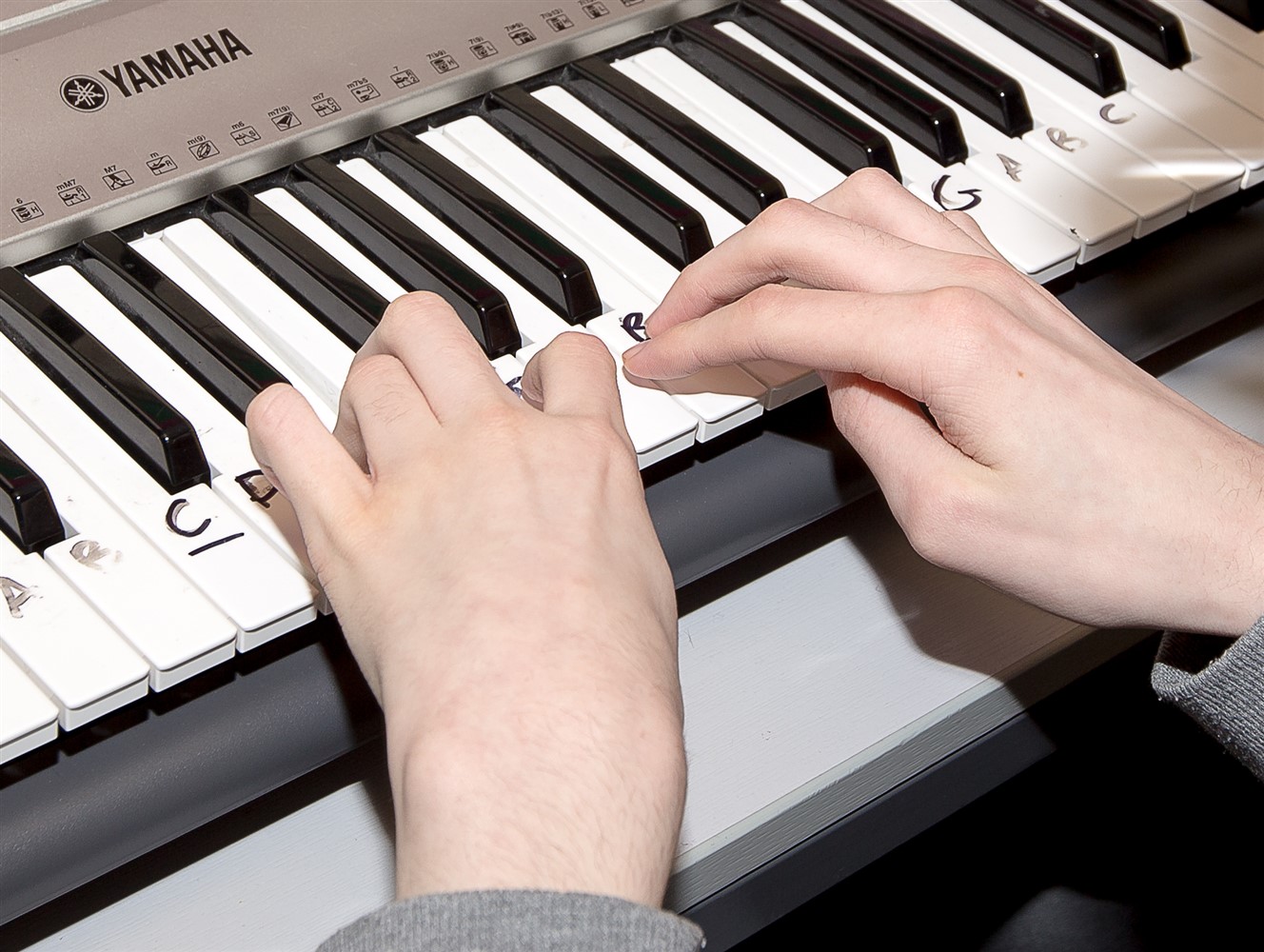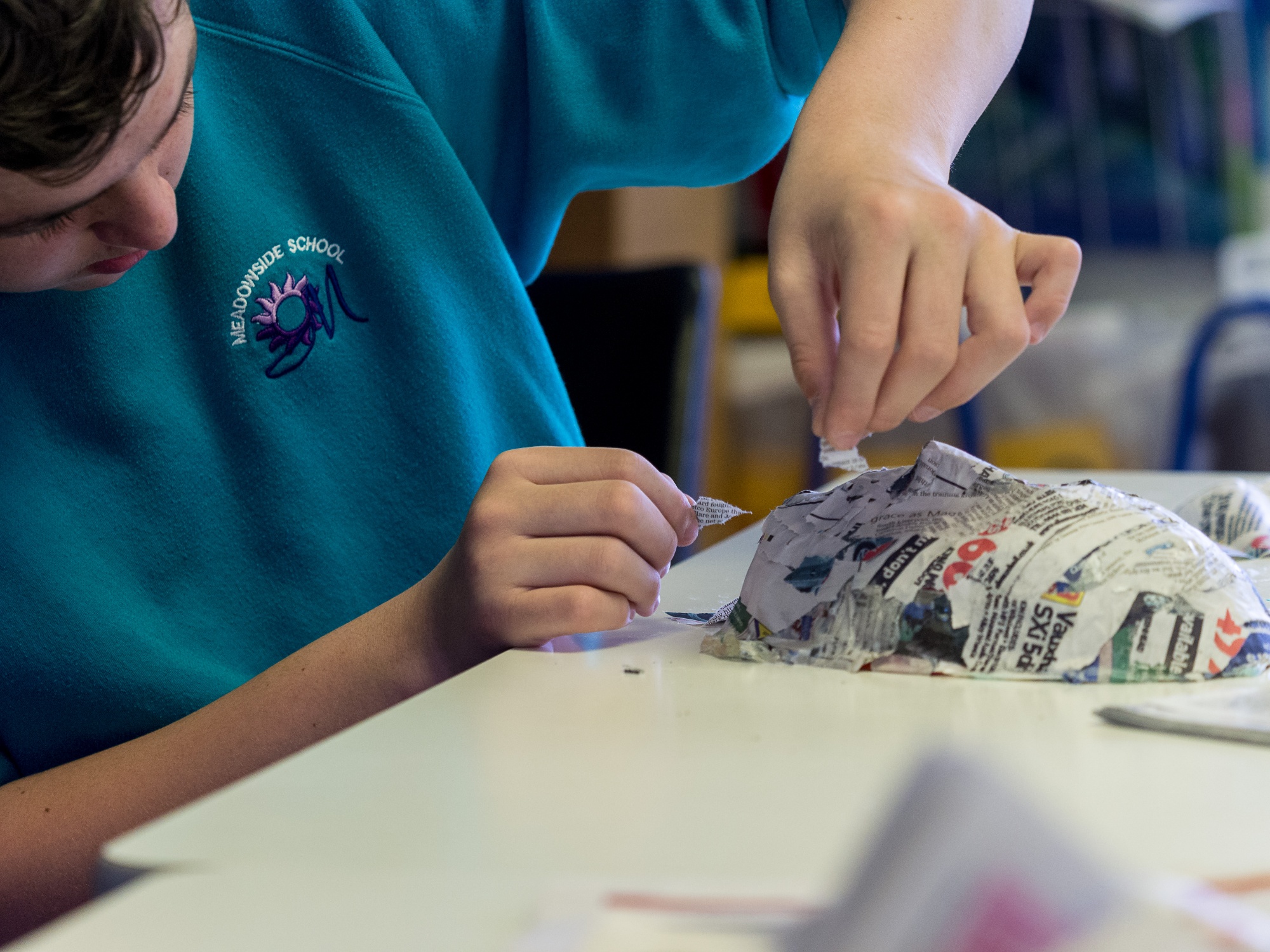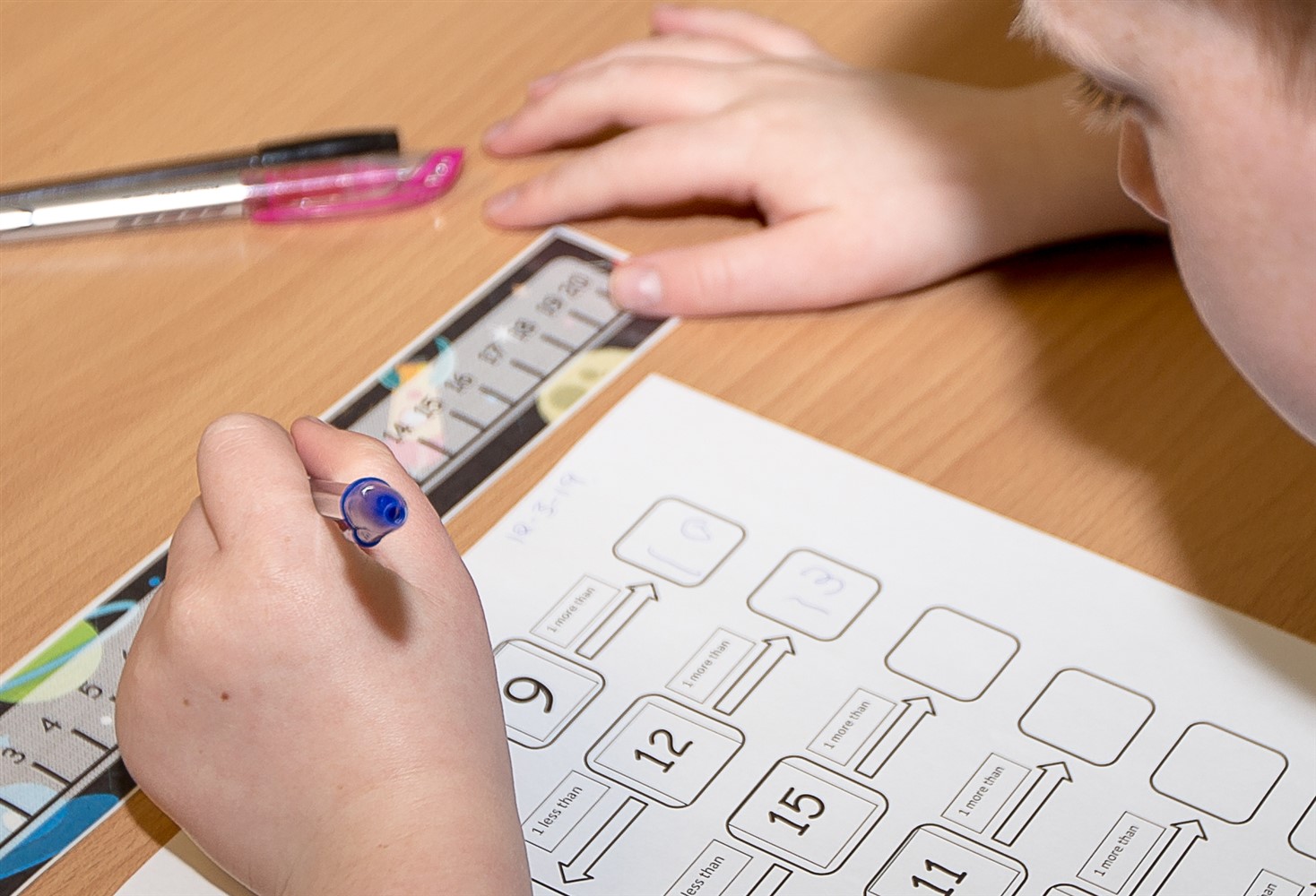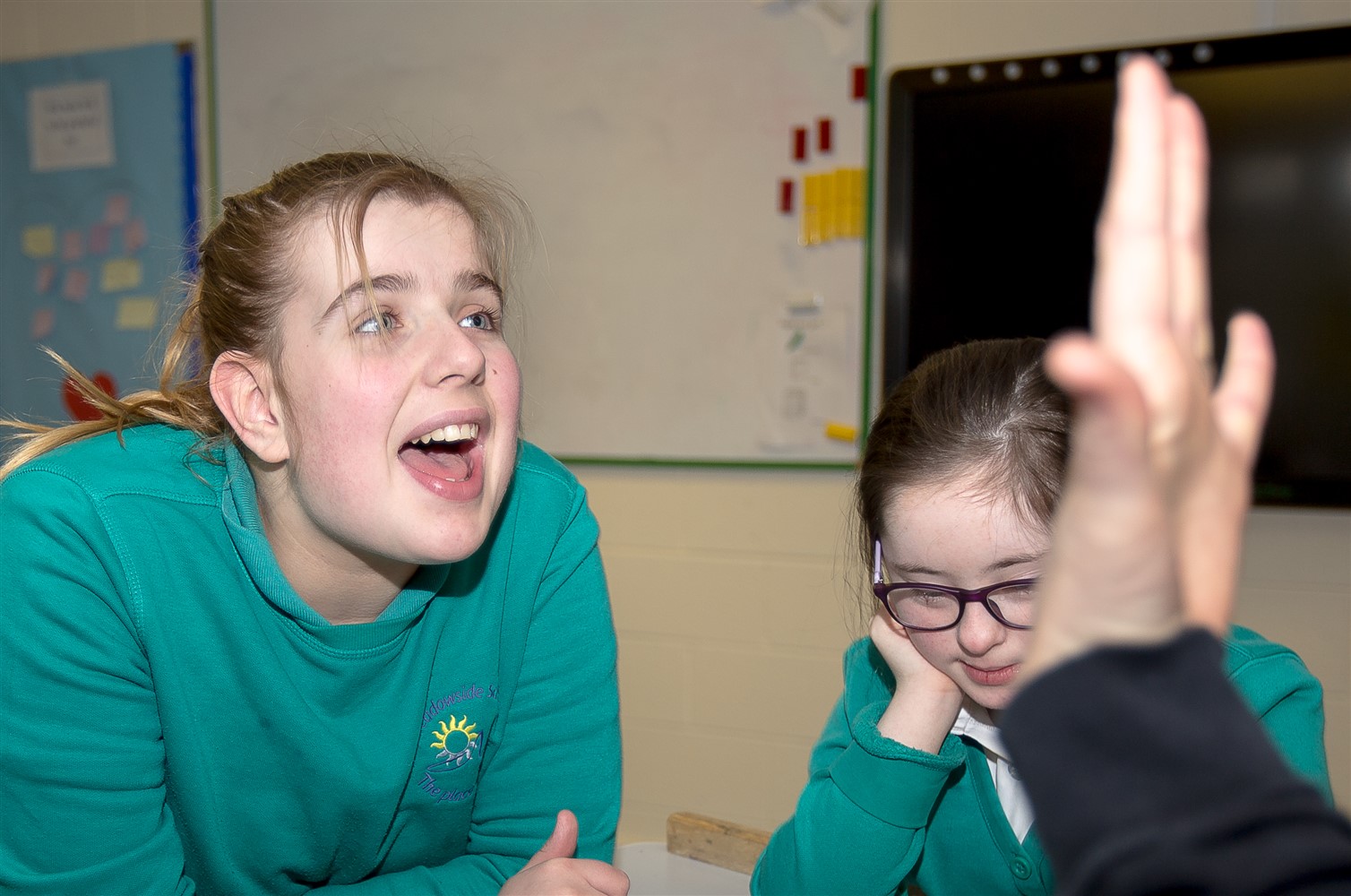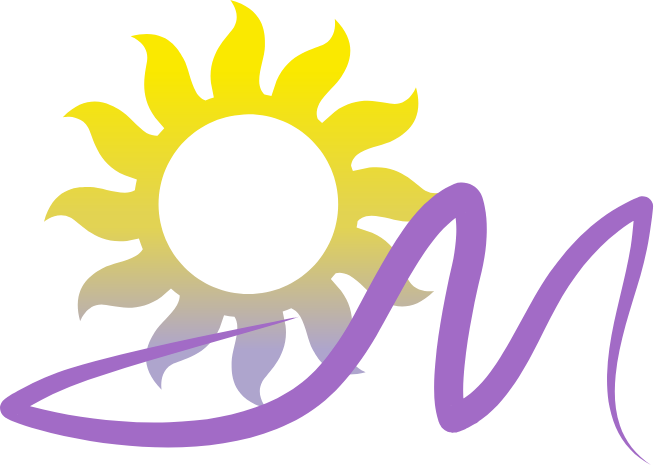Physical Education
INTENT:
At Meadowside School, we believe that physical education, experienced in a safe and supportive environment enables pupils to develop qualities of confidence, self-discipline and leadership. It provides opportunities for social inter-action, self-expression and using initiative. It contributes to a pupil’s physical and mental well-being, health and fitness. In offering a balance of individual, team, co-operative and competitive (both against self and others) activities in a range of increasingly challenging situations., catering for pupil’s individual needs and abilities. The pupils are able to develop an understanding of how to succeed in different activities and sports and learn how to evaluate and recognize their own success. We also promote the understanding of the many benefits of exercise. P.E is based on progressive skills learning which combined with flexible and varied teaching styles, endeavour to provide appropriate, stimulating, enjoyable and challenging learning situations for all pupils.
INTENDED LEARNING OUTCOMES:
- To enable children to develop and explore physical skills with increasing control and co-ordination and for all children to acquire fundamental movement skills.
- To encourage children to work and play with others in a range of group situations.
- To develop an understanding of how different skills are performed in a variety of activities.
- To increase the awareness of being safe and staying safe during PE lessons, including the need for rules and regulations.
- To show children how to improve the quality and control of their performance with observation and evaluation.
- To teach children to recognise and describe how their bodies feel during exercise and know what happens to our bodies and be able to explain this.
- Develop an appreciation for health and fitness and the benefits of an active life style.
- To develop the children’s enjoyment of physical activity through creativity and imagination
- To develop an understanding of how to succeed in a range of physical activities, and how to evaluate their own success.
- To encourage every child to reach their full potential.
- To participate in a range of psycho-motor/movement activities in order to develop personal physical skills (Practical attainment)
- To be made aware of their body in relation to others and their immediate environment and aim to promote quality of movement. (Kinaesthetic)
- To be made aware of simple physiological changes that occur to their bodies during exercise (Physiology)
- To be given opportunities to develop imagination and co-operation to achieve shared goals (Teamwork)
- To be given the opportunities to develop personal characteristics like initiative, self-reliance and self-discipline (Self-Knowledge)
- To be given opportunities to be stimulated and challenged. (Problem-solving)
- To be given opportunities to develop areas of activity of their choice in extracurricular time.
Curriculum
The PE curriculum is split into Formal, Semi-formal and Pre formal. Formal has been organised to ensure that ALL pupils have access to:
- Games -including striking/fielding, net/wall and invasion skills (outwitting your opponent) and other team games i.e dodgeball
- Gymnastics (accurate replication of skills) including Parkour/free running
- Dance (exploring and communicating ideas)
- Athletic activities (performing at maximal levels)
- Outdoor and adventure activities (identifying and solving problems to overcome challenges)
- Swimming (performing at maximal levels)
- Fitness and health activities, where pupils are able to take part in exercising safely and effectively to improve health and wellbeing.
- Other - including activities such as skateboarding, yoga and boxing,
Semiformal pupils have access to PE through Myself and MyBody:
- Physical and/or Sensory
- Communication and interaction
- Social skills
- Understanding
- Independence
- Personal and Emotional Wellbeing
Pre Formal pupils have access to PE through MyBody
- Physical development
- Active engagement skills
- Cognition and development control
- Building relationships with adults
- Attention and anticipation skills
- Social communication - response and initiation
Pre-formal and Semi-formal pupils also access PE through Rebound Therapy and Hydro/Swimming sessions
Adapted teaching in PE
At Meadowside School, Physical Education may be adapted or modified to address the individualised needs of pupils who have gross / fine motor skill and developmental delays.
Adaptive teaching includes:
- Rephrasing questions or content.
- Adapting language to ensure all learners understand the content.
- Adapting equipment, so pupils can take part with others
- Scaffolding of support
- Providing exemplars – ‘what a good one looks like.’
- Highlighting and emboldening key learning points.
- Prompting learners with keywords, visuals, sound bites or other sensory stimuli.
- Setting up temporary groups as an additional layer of scaffolding.
- Gauging group responses to support individual answers.
- Giving step-by-step instructions for tasks.
SMSC in PE at Meadowside School
- Spiritual Development in PE
During the range of activities that pupils participate in, whether core PE lessons or extra-curricular PE sessions learners develop a sense of enjoyment and fascination in learning about themselves, others and the world around them. Learners are consistently encouraged to use their imagination and creativity in their learning, and showcase a willingness to reflect on their experiences.
- Moral Development in PE
PE at Meadowside teaches learners about code of conduct, etiquette, applauding the opposition, fair play, handshake before and after matches, unwritten rules and sportsmanship. In every lesson learners abide by the rules, routines and regulations of the activity and lesson, gaining a good understanding of rules of sport and the importance of infringements which allow learners to understand the consequences of their actions which in turn helps them apply this understanding to their own lives.
The concepts of self-discipline to excel are essential. Learners are taught that the only way you can achieve in sport to a higher standard is if you work hard and if you can discipline yourself to train and apply yourself.
- Social Development in PE
Learners in PE use of a range of social skills in different contexts, including working and socialising with pupils from different religious, ethnic and socio-economic backgrounds.
The willingness to participate in a variety of social setting, co-operating well with others and being able to resolve conflicts effectively. An interest in and understanding of, the way communities and societies function at a variety of levels.
- Cultural Development in PE
The PE department encourages a willingness to participate in sporting opportunities that will help to develop positive attitudes towards different religious, ethnic and socio-economic groups in the local, national and global communities.
PE core knowledge & skills
The PE curriculum is now split into 3 areas of Head, Heart and Body where pupils will be able to demonstrate or have access to the following core knowledge and skills that will enable them to make progress within the subject.
